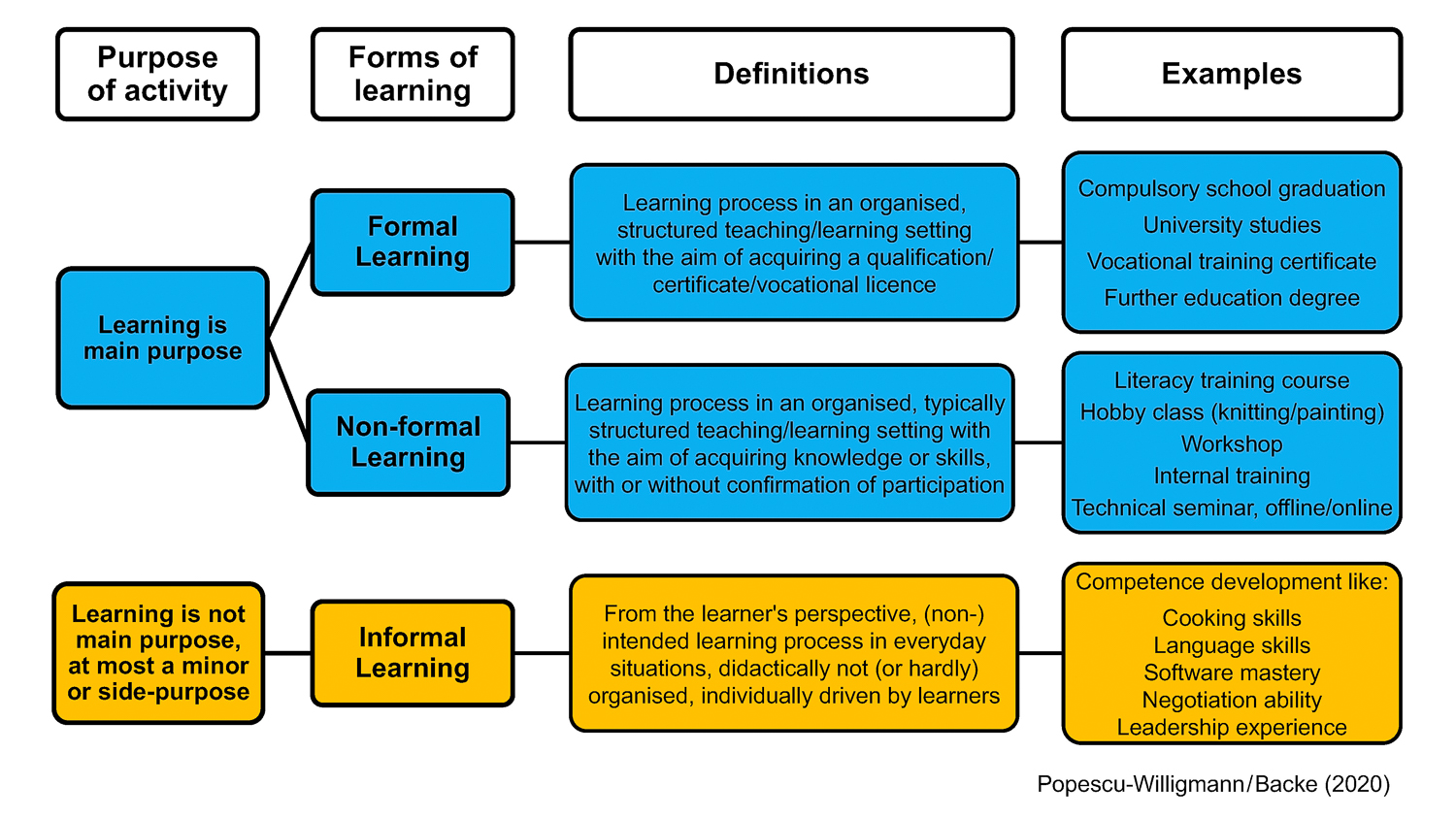


Inclusion in a regular school should be prioritized as every child's right. However, CBR personnel need to be aware that non-formal education reinforces marginalization and stigmatization, so if possible it should not be offered as the only educational option for children with disabilities. For the purposes of these guidelines, this element focuses on non-formal education for children and young people outside the regular school system. It includes accredited courses run by well-established institutions as well as locally based operations with little funding.Īs non-formal education is diverse, this element has many aspects in common with other elements, particularly Lifelong learning. It refers to a wide range of educational initiatives in the community, ranging from home-based learning to government schemes and community initiatives. Non-formal education is often used interchangeably with terms such as community education, adult education, lifelong education and second-chance education. Informal education is not recognized by the state but is important in the overall development of the individual.Non-formal education refers to education that occurs outside the formal school system.Formal education is recognized by the state as well as industry and people tend to get job opportunities on the basis of level of formal education they have achieved.What is the difference between Formal and Informal Education? Informal learning helps little ones to grow and adapt to the ways and traditions of the society, and they learn to adapt to the environment in a much better manner. Learnings from incidents, radio, television, films, elders, peers, and parents get classified as informal education. This education is also not organized or structured like it is in formal education. Informal education is, therefore, a system or process that imparts skills or knowledge that is not formal or recognized by the state. For example, a father giving lessons to his son to make him proficient in a family owned business is an example of informal education. It does not lead to any certification and is not structured or classroom based. Informal education refers to a system of education that is not state operated and sponsored. On the other hand, there are also specialization of management and chartered accountancy that students can take up in higher studies after completing 16 years of formal education. This competency is standardized through formal training of teachers, to provide them with a certification that may be different in different countries.įormal education is imparted mainly in modern science, arts, and commerce streams with science stream later getting divided into engineering and medical sciences. Formal education is carefully thought out and provided by teachers who have a basic level of competency. The education that students get from trained teachers in classrooms through a structured curriculum is referred to as the formal system of education. There have always been long standing debate as to the usefulness or otherwise of the informal education, and it has also been compared with formal education on various features. However, in most countries, there is also an informal system of education that is totally different from school education and has nothing to do with the strict curriculum and other obligations found in formal education. This system of education, devised by the government and based upon a curriculum is called the formal system of education. We all think we know about education as being the one imparted in schools around the country.


 0 kommentar(er)
0 kommentar(er)
